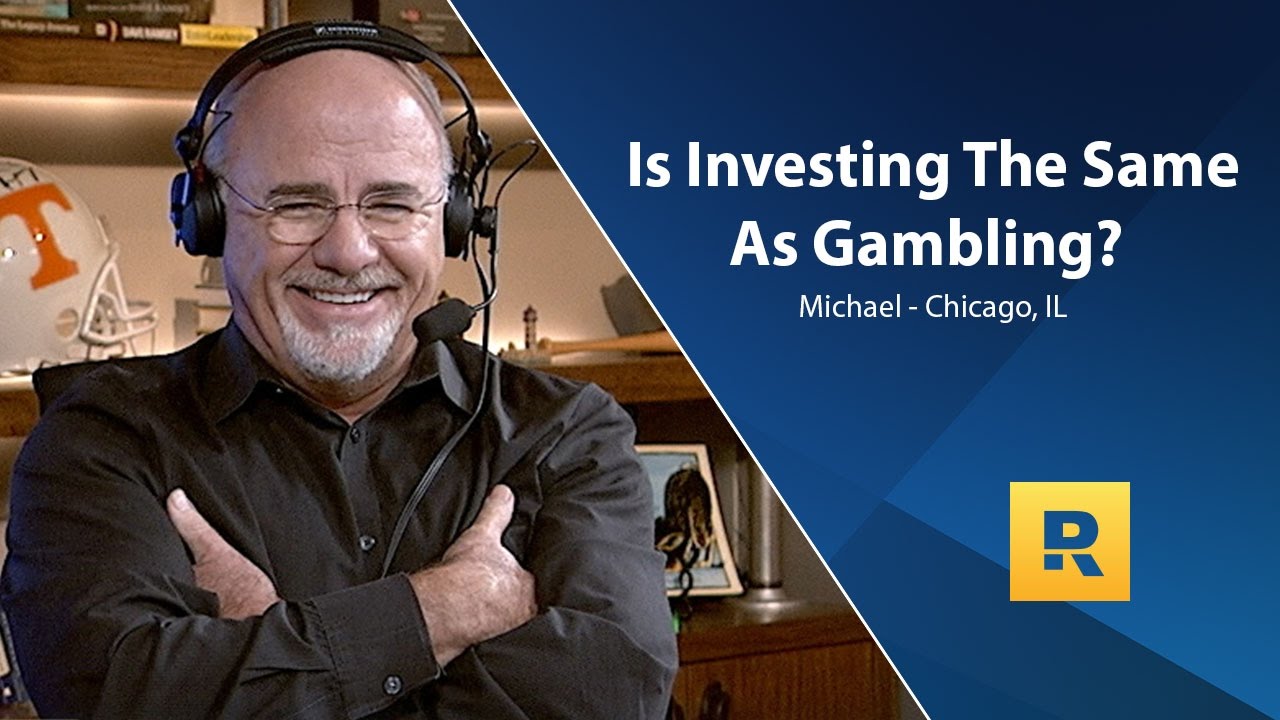Investing isn’t the same as gambling; however, there are a few subtle similarities. They both entail spending money with the expectation of receiving financial returns. They both have an element of risk that might lead to considerable financial gain. The differences are a lot more pronounced. Let’s have a closer look at what investing is and its unique characteristics.
Investing
Investing is committing capital to a money-making activity. Examples of typical investments are stocks, shares, moveable and immovable assets, a business idea or a going concern. The ultimate expectation is to generate a profit of income. Capital or price appreciations are key factors and the core of investment strategy. Risk plays a big part in investing; however, that is offset by research, studies, market analysis and an understanding of prevailing market conditions. Of course, the higher the risk, the higher the potential returns, and vice-versa. Investors tend to control their exposure to risk and dictate their goals and timelines. They can choose a moderate, aggressive or conservative approach. They aim for consistent returns every year. They can put money aside and defer taxes on investment earnings. The ‘odds’ are usually in the investors’ favour.
Risk vs Profit
Investors decide how much they can afford to risk. Short term investors like traders typically risk around 5% of their overall capital on one deal. On the other hand, investors looking for long term options diversify their portfolios to include different assets classes. Gambling is similar because it also involves capital outlay and risk with the expectation of a return on the ‘investment’ in the form of profit. Both investing and gambling involve minimizing risk and maximizing profits. Investors can balance the risk by building a portfolio of diversified products or services, stocks, shares and bonds. They aren’t placing all the eggs in one basket and risking all on one investment. That protects their overall investment of one or two go under since they still have several others to fall back on and keep the portfolio afloat.
What’s the Difference?
A significant difference is that investors have ways and means to mitigate their losses more quickly. Moreover, investors have access to more research sources than gamblers, and the odds turn in their favour over time, unlike gamblers. The house edge for bettors doesn’t vary, so the casino always retains an edge, and the mathematical advantage increases over time. In comparison, a long term investment like stocks and shares continually appreciates in the long run. However, that does not guarantee stock investments will always appreciate, just as it cannot promise a gambler can never hit the jackpot.
Mitigating Your Losses
Investors can mitigate their losses more easily than gamblers, who have no way to limit them. If a gambler bets CA$50 a week on the horses, and the horse doesn’t come in a winner, the capital is lost forever. You can limit your spending, but there aren’t any loss-mitigating strategies.
Access to Information
Investors have greater access to the latest data; however, they both study historical performance and current behaviour to improve their winning chances. Information is power and a valuable commodity; however, it is scarce in the world of gambling. The general public can quickly check the past performance of a company with annual filings available. You can check profit levels, financial ratios, and the management team members via analyst reports or directly before committing capital. Seasoned traders use their own experience and daily activities to help them make future investment decisions.
Returns for Gambling
Most traditional casino games have a negative return of -0.5% to -5% for each bet. The difference depends on the game; however, the casino always retains a healthy house edge and advantage over gamblers. The longer you play, the more the numbers turn against you and the casino’s favour ensuring profits derived from players’ losses. In contrast, investors have the advantage with positive returns. The longer they invest, the more likely they will receive long-term, positive returns. A successful investor doesn’t rely on skill or luck, but longevity. Patience is essential, and knowledge is necessary to build a successful and diversified investment portfolio over the years. The house always wins, and casinos are in business to profit, so the scales are tipped in their favour. Gamblers hope to make a quick buck, while investors aim to build wealth over time and have more control over their money and how to make it grow. To put casino odds into perspective, if you play roulette, you have a one in 35 chance of your number coming up, which is pretty risky! The chances are you will end up leaving the casino poorer than when you entered.
Traits of a Successful Gambler
Gamblers should carefully weigh how much capital to put in-play. It is possible with some card games to assess the risk capital versus the risk-reward with pot odds. That is a comparison of the bet value with what is in the pot. If they are favourable, the player should call the bet. Professional gamblers are proficient at managing risk. They research their team or horse history and track records. They continually search for an edge by looking for cues from other card players at their table. The best poker players remember what opponents have wagered many hands back. They study mannerisms and betting patterns to gain useful insights.

